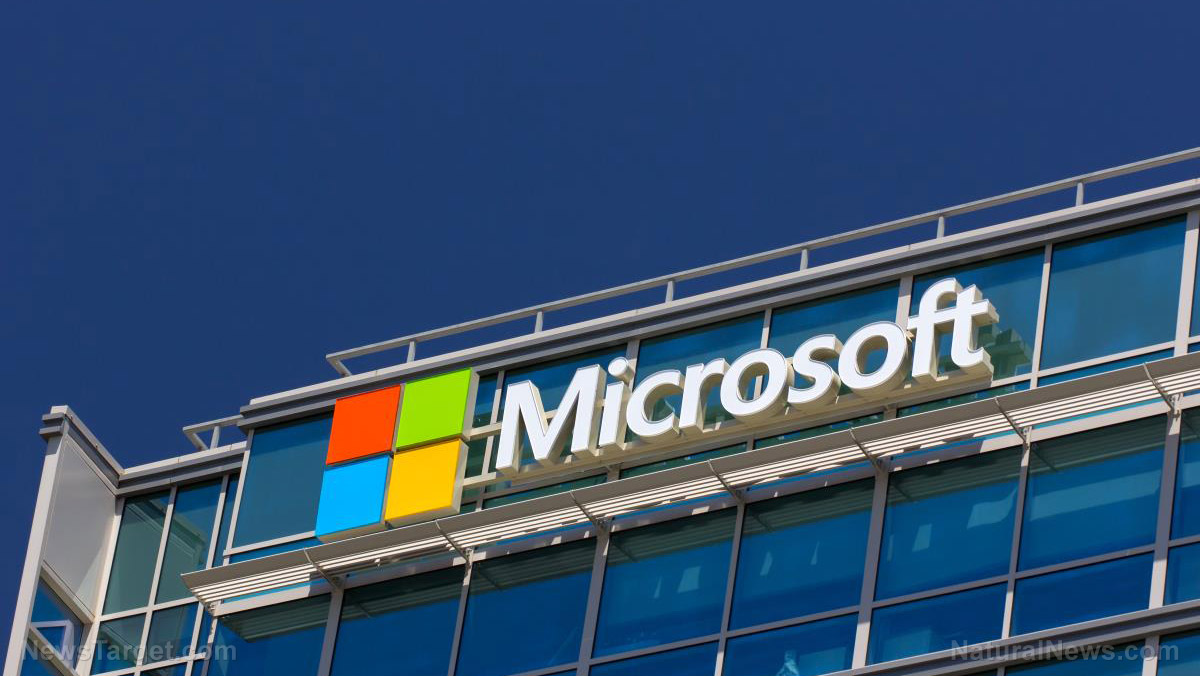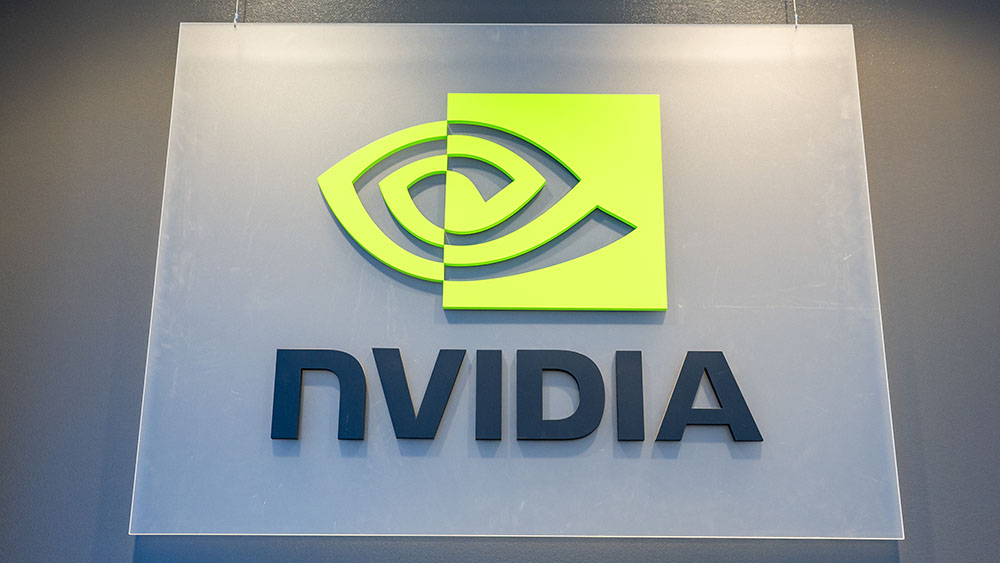 Parler
Parler Gab
Gab
- A Microsoft engineer disrupted the company’s 50th anniversary event, accusing Microsoft of powering Israeli military AI aiding Gaza’s high civilian death toll.
- Employees protest tech giants like Microsoft and OpenAI for militarizing AI, questioning corporate claims of ethical use.
- The protester, Ibtihal Aboussad, condemned Microsoft’s defense contracts mid-speech, calling it complicity in genocide before being removed.
- Another employee resigned publicly, labeling Microsoft a "digital weapons manufacturer" enabling surveillance and apartheid.
- Internal dissent is reportedly suppressed, with workers silenced, harassed, or fired for opposing military AI partnerships.
Silenced dissent and military deals
Aboussad’s follow-up email to executives, obtained by CNBC, detailed a culture of repression. “Our Arab, Palestinian, and Muslim community at Microsoft has been silenced, intimidated, harassed and doxxed,” she wrote, alleging that dissenters were fired for holding vigils. Microsoft’s boilerplate response—“We provide many avenues for all voices to be heard”—rang hollow to protesters who’d seen colleagues punished. The backlash comes amid a broader shift in Silicon Valley, where AI firms are racing to militarize their technology. Microsoft, OpenAI, and others have partnered with defense contractors like Palantir and Anduril, while Scale AI’s $100 million Pentagon deal signals deepening ties between Big Tech and war machines. Meanwhile, Microsoft’s Azure cloud platform reportedly fuels Israel’s military AI—including targeting systems linked to deadly airstrikes in Gaza and Lebanon.A reckoning for tech workers
Agrawal’s resignation email framed the protests as a moral reckoning: “By working for this company, we are all complicit.” Her words echo a widening employee revolt, from Google’s Project Maven protests to Meta’s internal battles over Palestinian censorship. The difference? Microsoft’s contracts aren’t theoretical—they’re actively aiding a war that’s killed over 50,000 Palestinians, according to Gaza’s Health Ministry. Neither Aboussad nor Agrawal could access their work accounts post-protest, suggesting possible retaliation. Microsoft declined to clarify their status, but the message was clear: Disruptions won’t be tolerated—even when they expose atrocities. As Microsoft celebrates 50 years, its legacy is being rewritten by workers who refuse to let “innovation” justify complicity in war. The protests—live-streamed to the world—cracked the facade of a company claiming ethical AI while profiting from destruction. With tech giants shrugging off accountability, employees like Aboussad and Agrawal are forcing a public debate: Should AI serve humanity—or militaries bombing civilians? Their bravery ensures the question won’t be buried. For now, Microsoft’s anniversary will be remembered not for its products, but for the people who stood up to say: Not in our name. Sources for this article include: CNBC.com APNews.com AlJazeera.comNvidia’s $500B U.S. AI bet counters China trade threats, fuels Trump’s jobs push
By Cassie B. // Share
By Finn Heartley // Share
Florida’s social media laws spark debate over minors’ privacy and digital safety
By Willow Tohi // Share
Jeff Halper’s “Decolonizing Israel, Liberating Palestine” outlines a radical new vision for peace
By Kevin Hughes // Share
Conservative backlash forces Corona Brewer to dump DEI commitments
By Willow Tohi // Share
Governments continue to obscure COVID-19 vaccine data amid rising concerns over excess deaths
By patricklewis // Share
Tech giant Microsoft backs EXTINCTION with its support of carbon capture programs
By ramontomeydw // Share
Germany to resume arms exports to Israel despite repeated ceasefire violations
By isabelle // Share










